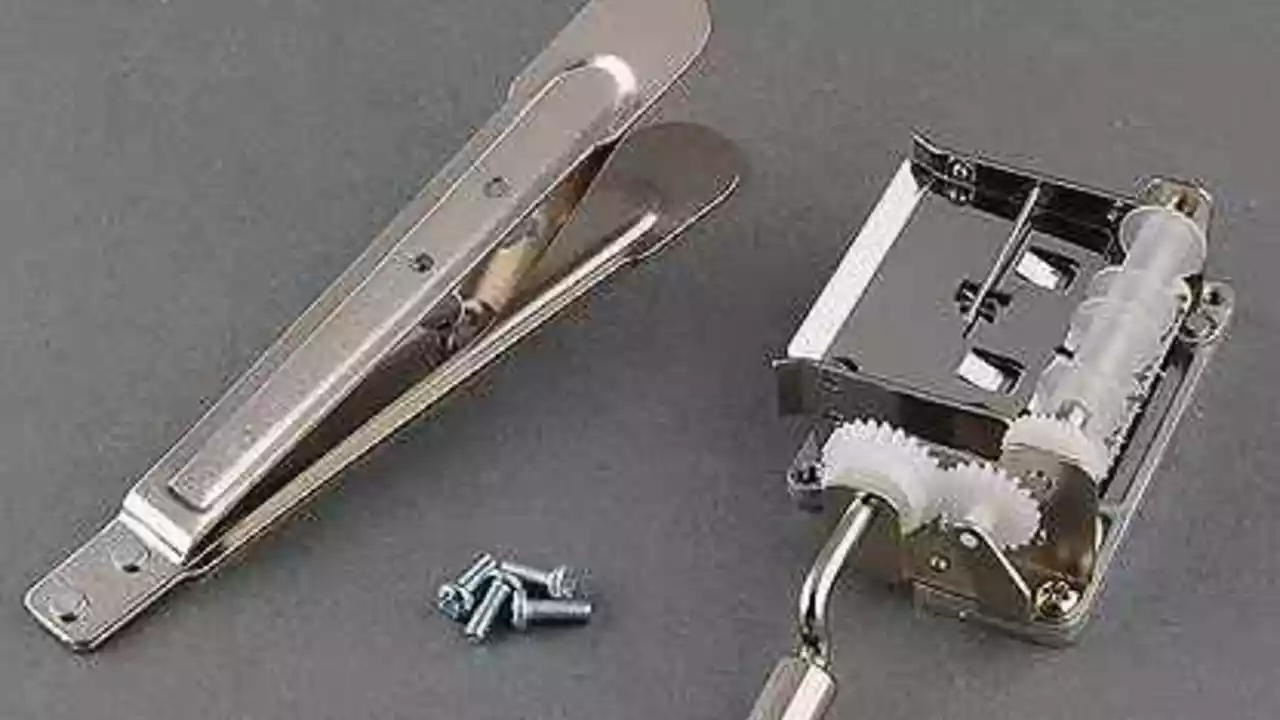July 2023 Archive — India Video News Hub
This month’s posts are tightly focused: three pieces about music and one about culture in Delhi. If you like practical how-tos, sharp opinion, and clear cultural snapshots, July has something useful. Below I summarize each post and pull out the most helpful tips and takeaways so you don’t have to hunt through every video.
Fixing a music box: a short, usable guide
One post walks through repairing a music box spring. The steps are simple and practical: remove the mechanism from its case, uncoil the spring with steady hands, check for bends or breaks, and replace the spring making sure the hook and barrel line up. The video shows how small gloves or a thin cloth prevent oil and dirt from gumming up parts. If the spring is cracked, replace it instead of forcing it. The biggest tip: work slowly, keep tiny parts organized, and test the mechanism often while reassembling.
That piece isn’t just a repair demo — it’s a reminder that delicate mechanical fixes are doable at home if you use the right tools and don’t rush. Expect realistic results, not miracle restorations; some vintage mechanisms need parts a repair video can’t improvise.
Music lessons, long-term learning, and why people stick with it
The second music post asks why people take lessons for years. The short answer: progress happens in small steps and rewards stack over time. The post breaks this into clear reasons — technique takes years, repertoire builds slowly, and goals shift from exams to personal expression. It points out how regular lessons create habits, how a teacher spots limits you miss, and how public performances or recordings keep motivation alive.
Examples in the video are relatable: a beginner who learns simple songs within months but takes years to master phrasing; an adult learner who keeps practicing for joy, not trophies. The practical takeaway: set short milestones, track tiny wins, and pick a teacher who matches your pace and goals.
The other two July posts push readers to think and listen. One asks whether modern hip hop is boring. It lays out both sides — critics who miss dense lyrics and classic songcraft, and defenders who point to fresh production, new subgenres, and artists reshaping sound. The piece encourages active listening: compare older tracks to new ones, follow underrated lyricists, and notice evolving beats instead of writing the whole genre off.
The cultural post examines why Delhi feels close to Western culture. It names concrete causes: colonial history, international business and education, global media, and visible lifestyle changes like cafes, fashion, and bilingual pop culture. At the same time, it shows how Delhi keeps local traditions in food, festivals, and street life. The result is a blended cityscape, not a replacement of identity.
How to use this archive: watch the repair clip if you have a broken music box, revisit the lessons piece if you’re stuck in practice, listen critically after the hip hop debate, and use the Delhi video to spot where global and local meet in everyday life. July’s posts are short, specific, and built to help you act — fix, practice, listen, and notice.
How to fix a music box spring?
So there I was, wrestling with my little mechanical nemesis - the music box spring! Oh, what a journey! First, I had to carefully remove the mechanism from its casing. Then, I gently uncoiled the spring, using the calm patience of a monk. Lastly, I replaced the spring, assuring it was securely attached. Let's just say, it was a delicate dance, a melodious ballet of fixing and fiddling! But hey, at the end of the day, the little music box was singing again and so was my spirit!
Details +Why is Delhi so close to Western culture?
Delhi's close ties to Western culture can be attributed to a variety of factors. The city's history of colonization has left a significant impact on its cultural landscape, blending traditional Indian elements with Western norms. Its thriving tourism, international business connections, and the influence of Western media have also played a role. The younger generation, in particular, has embraced this fusion, adopting Western trends in fashion, food, and entertainment. However, it's important to note that Delhi still retains its unique Indian identity amidst these influences.
Details +Why do people take music lessons for so long?
People often spend years taking music lessons due to a variety of reasons. For some, it's a way to express themselves and for others, it's a hobby or passion that brings them immense joy. The process of learning an instrument is a long journey that involves mastering complex skills and techniques. Moreover, music is a vast field with endless genres and styles to explore, which keeps the learning process engaging and never-ending. Lastly, the personal satisfaction and confidence one gains from mastering a musical piece after persistent practice are simply unbeatable.
Details +Do you agree that modern hip hop is boring?
Discussing whether modern hip hop is boring is subjective, as it really boils down to personal taste. Some people, including myself, argue that it has become monotonous with repetitive beats and themes. A common complaint is that it lacks the lyrical depth and storytelling of its golden age. However, others find it exciting and innovative, appreciating the new sub-genres and styles that are emerging. Ultimately, whether modern hip hop is boring or not, is a matter of perspective.
Details +


